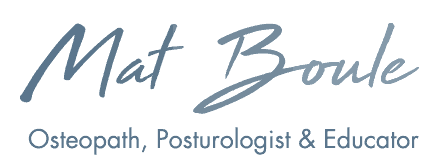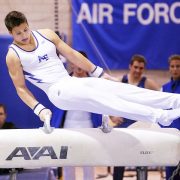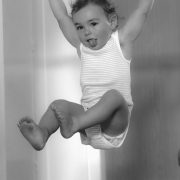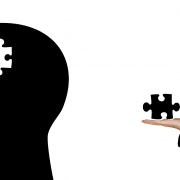Freedom (part 1)
It can be quite easy for us to ask for freedom from our governments, for instance. What if freedom, true freedom, was within us?
Is it possible that freedom is in our capacities? And these abilities are they innate or acquired?
Our abilities, our will and our actions are the fruit of the frontal lobes. The initial role of the frontal lobes is indeed the motor activity. However, as we have learned to perform movements that were more specific from an evolutionary point of view, the more cognitive control was part of the voluntary control equation, which lead to free will.
Free will means being able to practice, consciously, starting or continuing, for example, a specific activity.
To engage in a particular activity implicitly means that you are not participating in other activities. We then need to self-regulate; to have access to his free will, to freedom.
It is through the development of temperament, a reflection of the development of the frontal lobe, that we come to make choices.
When one comes to study the cortical development in relation to the events of the life of an infant, the observations are fascinating:
– Infants who cried in response to the mother’s separation showed greater right frontal activation compared to infants who did not cry.
– It has been reported that left frontal EEG asymmetry at rest is associated with the differential ability of newborns to regulate their own behavior.
– Others have noted that negative affect and reduced infant ability to regulate affect and behavior are closely associated with right lower frontal EEG asymmetry at rest.
– It is reported that an infant with right frontal EEG asymmetry at rest may be characterized as having a “negative reactive” temperament. These infants are easily distressed, difficult to appease, usually do not calm down, and have trouble concentrating.
Hyperactivity, depression, insufficient and sustained attention, language difficulties and impulsive behavior are common in children with poorly developed frontal lobe function.
Is it then surprising that, in the context of approaches such as posturology and functional neurology, which aim to stimulate the frontal lobes, some come to feel freer?
https://www.ncbi.nlm.nih.gov/pmc/articles/PMC3385506/










Leave a Reply